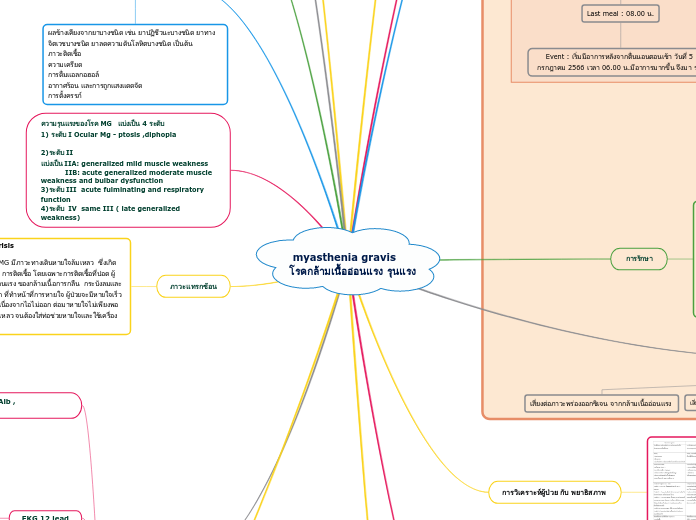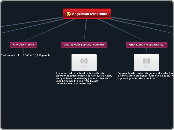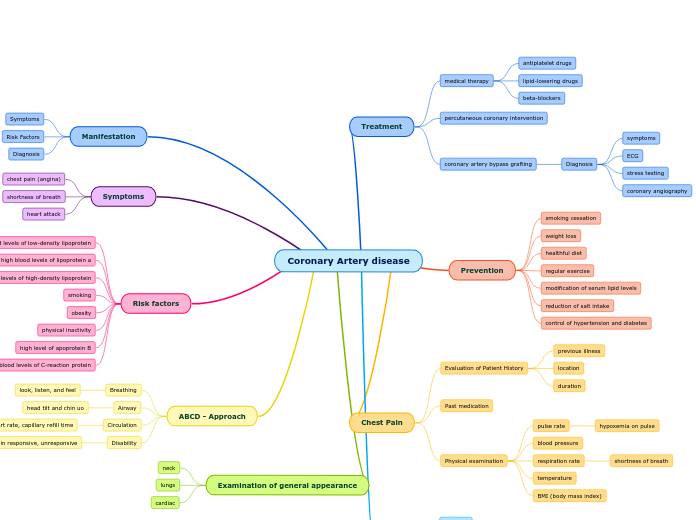BIPOLAR DISORDER
Consequences
Loneliness
Family Destabilization
Rejection
Social problems
Emotional problems
Signs and symptoms
Associated features
Miixed affective episode
Hypomanic episode
Manic episode
Depressive episode
What is it?
It´s a psychiatric diagnosis that describes a category of mood disorders defined by the presence of one or more episodes of abnormally elevated energy levels, cognition, and mood with or without one or more depressive episodes.
GLOSARY
EPISODIES: EPISODIO
MOOD: ESTADO DE ANIMO
DEPRESIVE: DEPRESIVO
My Point of view
I think every person has a bit of bipolarity because we are not always happy or sad all the time. In our life we always have mood swings. but to know control it is necessary and understand that others also have good and bad times. Being tolerant. But when it comes to mental illness is necessary to use specialized help as a psychologist or psychiatrist.
Solutions
medication
Medications used to treat bipolar disorder are known as mood stabilizers; these work by reversing manic or depressive episodes and preventing relapses. The first known and "gold standard" mood stabilizer is lithium carbonate, which is effective in treating acute manic episodes.
GLOSARY:
STABLIZERS: ESTABILIZADORES
REVERSING: REVERSIVO
LITIUM: LITIO
Psychosocial
Psychotherapy is aimed at alleviating core symptoms, recognizing episode triggers, reducing negative expressed emotion in relationships, recognizing prodromal symptoms before full-blown recurrence.
GLOSARY
PRODOMAL: PRODROMICA
FULL- BLOWN: EN TODA REGLA
Causes
Subtopic
Genetic
Environmental
Physiological









